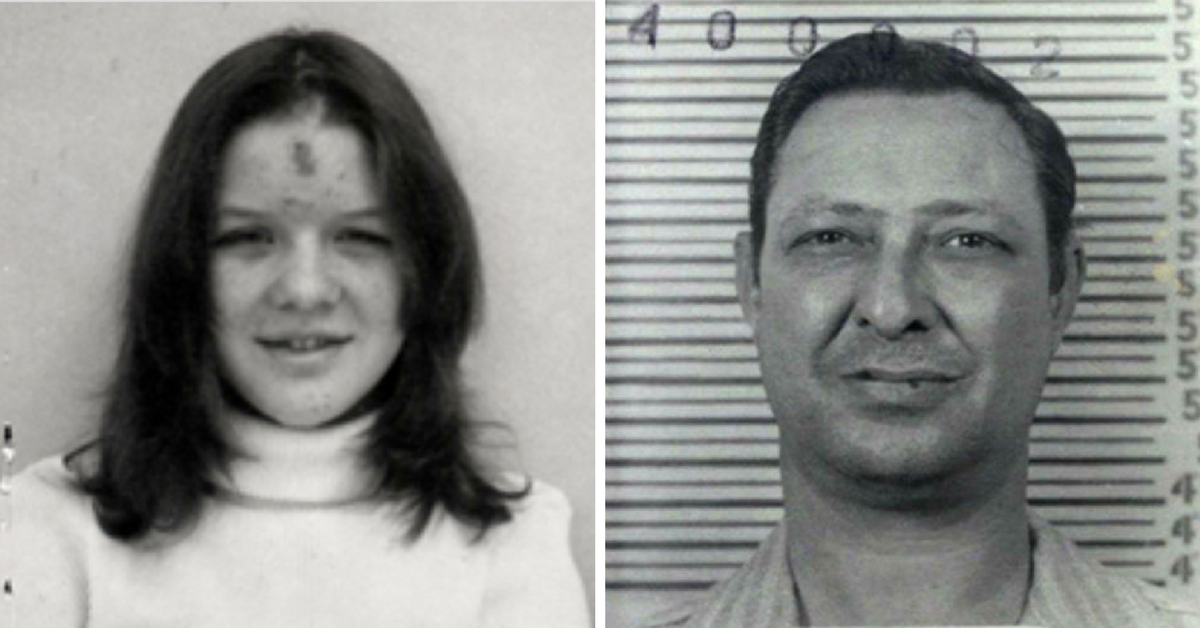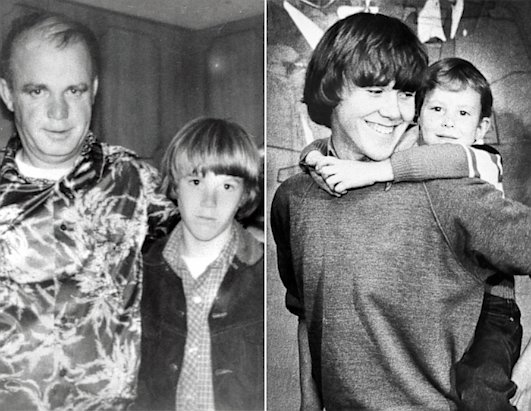It was a real life cold case with all the makings of a TV drama: a murdered girl, an intrepid detective, and a shocking twist ending.

Janie Landers was just 18 when she was murdered in 1979. She had been living in Salem, Oregon's Fairview Training Center, a group home for teens with developmental disabilities. Janie functioned at the level of an 8-year-old girl, and her sometimes difficult behavior forced her family to leave her in the care home.
Janie never left the facility, so her family was surprised when she went missing one day. Staff at the home spotted her stepping into a yellow or gold car across the street from the facility, but didn't recognize the pot-bellied man in the driver's seat. That was the last time anyone saw Janie alive.

When she was found five days later, stabbed to death, police were stumped. They made a composite sketch of the man who abducted Janie, but had no other leads. Janie's sister Joyce Hooper, who was just 13 at the time of the murder, was always haunted by the mystery of her sister's death.
For 40 years, she never stopped fighting to learn the truth. This year, detectives finally found answers for Janie's family...
Oregon State Police had reopened Janie's case many times over the years, but Joyce convinced them to take one last look in 2014, the 35th anniversary of the murder.

The man tasked with digging into the cold case was Detective Steve Hinkle, and at first he wasn't very optimistic about the job. He started by focusing on the one clue revealed in Janie's autopsy: she had clearly been stabbed with a knife that had no hilt. That meant the killer may have cut himself during the attack.

Hinkle checked Janie's clothing for a DNA sample, and sure enough he found blood that didn't belong to the teen. In fact, DNA tests on the killer's blood actually produced a match in a criminal database, and the case was as good as solved.

Gerald Kenneth Dunlap had been a laundry worker at the Fairview Training Center while Janie lived there. He had also been arrested and jailed for rape in 1961, but managed to avoid telling that to his employers. Dunlap was fired from the center shortly after Janie's murder for inappropriate behavior towards the female staff.
Sadly, Dunlap could never face justice for Janie's murder because he died while in prison for unrelated charges in 2002. But Joyce says she's "really grateful and relieved that it's done," because her sister "can be totally at peace now because her case is solved."

Hinkle was also able to return Janie's hair clips, held as evidence in the case since 1979, to the teen's family. "It's not much. But it represents the end to this case," Hinkle said. "We're grateful we could do this for Janie. We're hopeful her family can find closure to this horrific chapter of their lives."
Share this story with someone you know!
[H/T: Statesman Journal]

